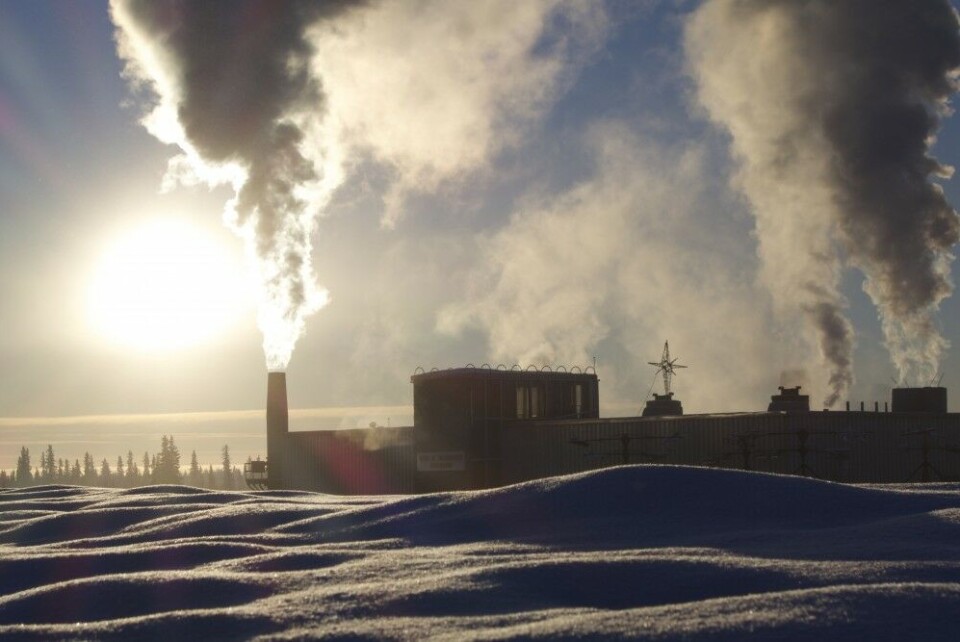
2018 greenhouse gas concentrations broke records, warns WMO report
Greenhouse gases reached record highs in 2018 according a bulletin released on Monday by the World Meteorological Organization (WMO), continuing a trend that will have severe consequences for future generations the WMO said.
“This continuing long-term trend means that future generations will be confronted with increasingly severe impacts of climate change, including rising temperatures, more extreme weather, water stress, sea level rise and disruption to marine and land ecosystems,” the WMO said in a news release on Monday.
In all, the WMO bulletin reports that globally averaged concentrations of carbon dioxide (CO2) went from 405.5 parts per million in 2017 to 407.8 parts per million in 2018.
“We need to translate the commitments into action”
There are six main greenhouse gases: carbon dioxide, methane, nitrous oxide, hydrofluorocarbons, perfluorocarbons and sulphur hexafluoride.
Although the Arctic isn’t specifically mentioned in the bulletin, the Monday news release also flagged the increasing concentrations of methane and nitrous oxide over the past decade, observed by the WMO’s Global Atmosphere Watch (GAW) network, that among other regions of the world, has stations in the Arctic. The GAW programme was set up by the WMO to measure and collect data on the atmosphere.
“There is no sign of a slowdown, let alone a decline, in greenhouse gases concentration in the atmosphere despite all the commitments under the Paris Agreement on Climate Change,» said Petteri Taalas, the WMO’s secretary-general, referring to the international agreement reached in 2015 to keep global temperature increase to less than 2 degrees Celsius above pre-industrial levels.
“We need to translate the commitments into action and increase the level of ambition for the sake of the future welfare of the mankind,” he said.
“The findings of WMO’s Greenhouse Gas Bulletin and UNEP’s Emissions Gap Report point us in a clear direction – in this critical period, the world must deliver concrete, stepped-up action on emissions,” said Inger Andersen, executive director of the UN Environment Programme (UNEP), in the news release.
“We face a stark choice: set in motion the radical transformations we need now, or face the consequences of a planet radically altered by climate change.”
The WMO Greenhouse Gas Bulletin has been released annually since 2006.
To read the 2019 WMO Greenhouse Gas Bulletin, click here.















